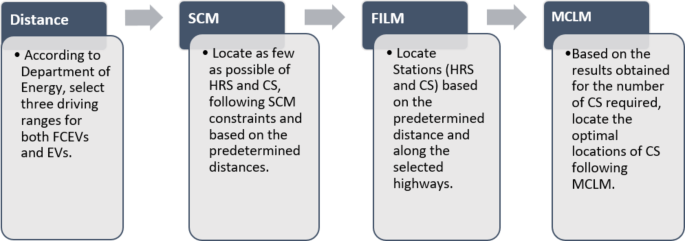Navigating the Future of Sustainable Transportation: The Role of Hydrogen Fuel Cell Electric Vehicles
Key Ideas
- Global shift towards sustainable energy sources to combat rising CO2 emissions, with transportation sector playing a significant role.
- UAE moving towards electric mobility readiness, ranking eighth globally, and establishing hydrogen refueling stations to support Fuel Cell Electric Vehicles.
- International trends indicate a significant increase in Fuel Cell Electric Vehicles adoption, emphasizing the importance of quick adoption to hydrogen fuel.
- Challenges in infrastructure planning and establishing a balance between alternative fueling stations and vehicle adoption highlighted, calling for comprehensive frameworks to address gaps.
The global shift towards renewable and sustainable energy sources due to the rise in CO2 emissions has highlighted the importance of the transportation sector in contributing to greenhouse gases. The UAE, with significant greenhouse gas contributors like electricity, transportation, and petroleum refining, is embracing the move towards cleaner energy solutions. The country's readiness for electric mobility, ranked eighth globally, reflects a positive step in this direction. Furthermore, the establishment of hydrogen refueling stations in Dubai and Abu Dhabi underscores the commitment to support Fuel Cell Electric Vehicles (FCEVs).
Internationally, countries like the United States, China, Japan, Korea, France, and the Netherlands are promoting hydrogen as a fuel, leading to a substantial increase in the adoption of FCEVs. The exponential growth in the number of FCEVs globally, as demonstrated in Asia-Pacific, Europe, and North America, indicates a clear trend towards hydrogen fuel as a key player in future transportation systems.
While the transition to sustainable transport is promising, challenges in infrastructure planning and the interdependency between alternative fueling stations and vehicle adoption pose significant hurdles. The complexity of ensuring a balance between public charging stations for EVs and hydrogen refueling stations for FCEVs is essential. Comprehensive frameworks are necessary to optimize the deployment of these stations and facilitate the seamless integration of sustainable transportation solutions.
In conclusion, the development of a comprehensive framework to guide the location of future alternative fueling stations in the UAE represents a crucial step towards achieving a sustainable and environmentally friendly transportation sector. By addressing the challenges in infrastructure planning and emphasizing the importance of hydrogen fuel in the global shift towards clean energy, stakeholders can work towards a future where sustainable mobility is a reality.
Topics
Green Hydrogen
Green Energy
Climate Action
Global Trends
Sustainable Transport
Infrastructure Planning
EV Adoption
Latest News
